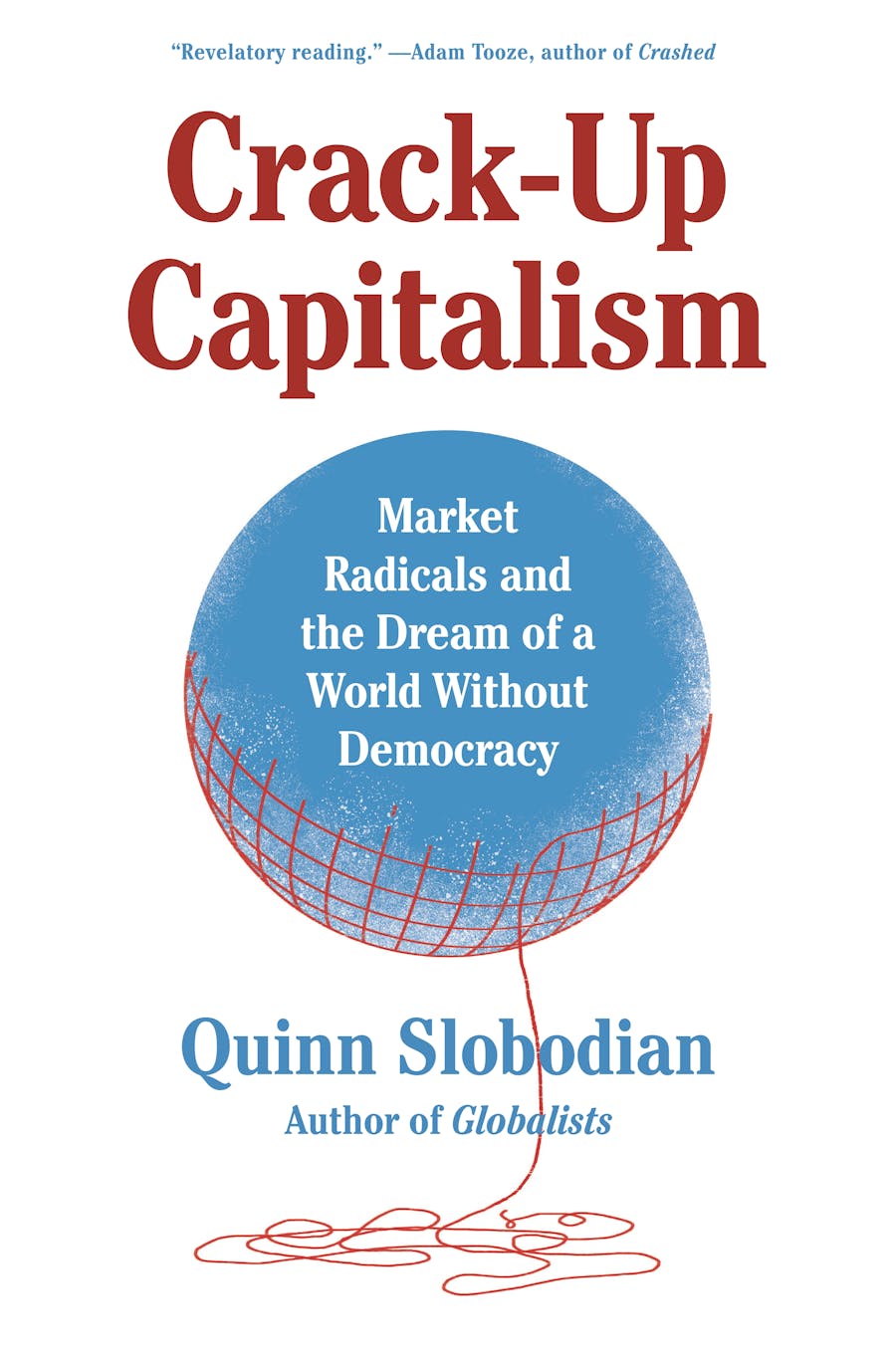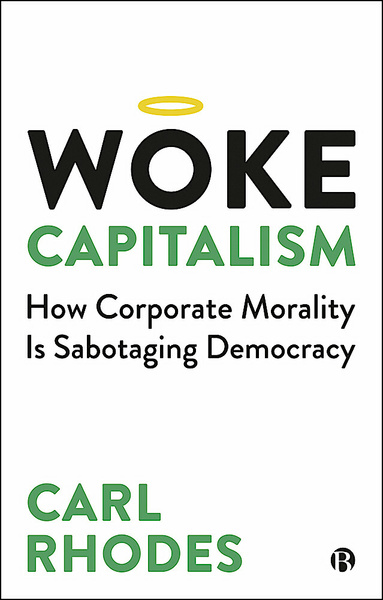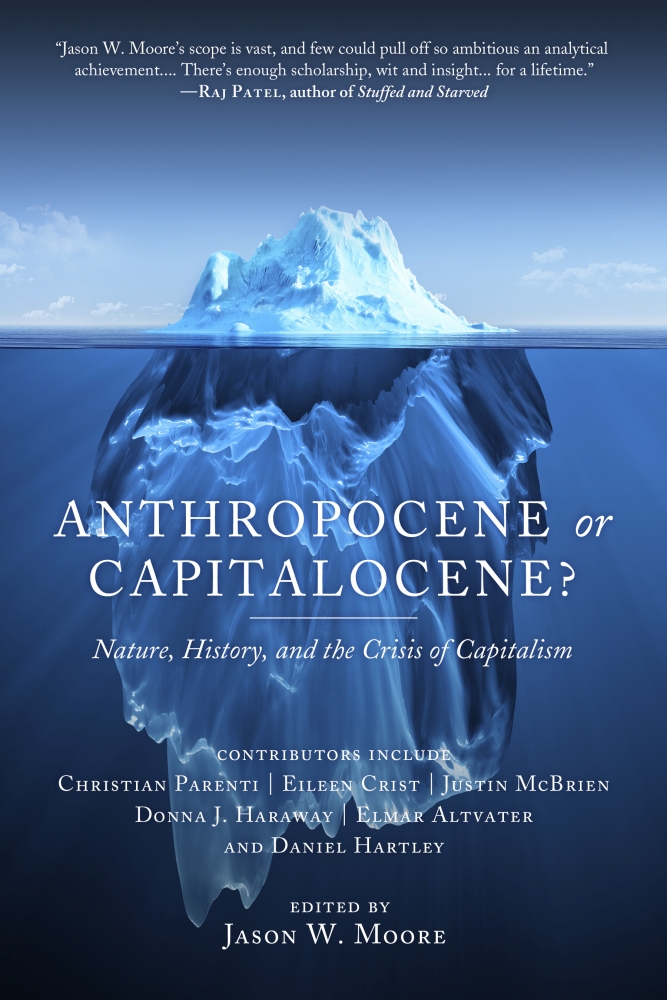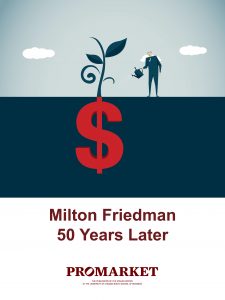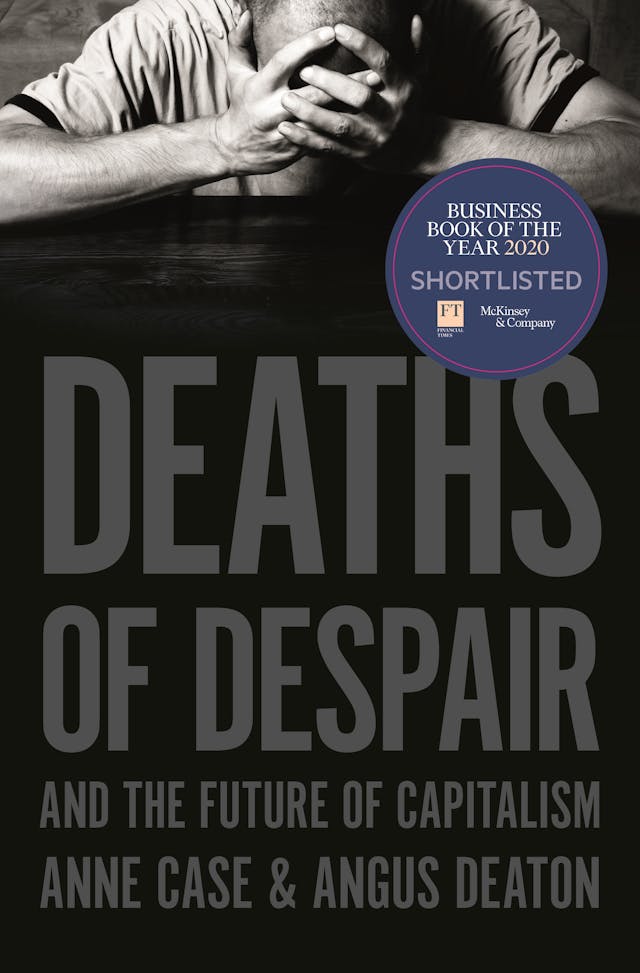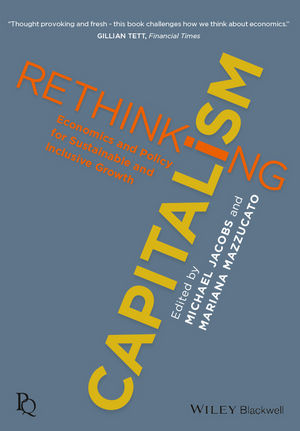Rentier Capitalism: Who Owns the Economy, and Who Pays for It?
Resum del llibre amb IA.
Aquí teniu un resum detallat del llibre "Rentier Capitalism: Who Owns the Economy, and Who Pays for It?" de Brett Christophers,
El llibre aborda la transformació actual del capitalisme, caracteritzada pel "retorn amb tota força i la proliferació de formes de renda". L'autor anomena aquest sistema capitalisme rendista.
El concepte central del llibre gira al voltant de la renda i els rendistes. Segons la definició emprada al llibre, la renda és un pagament a un actor econòmic (el rendista) que la rep purament en virtut de controlar quelcom valuós. Aquest "quelcom" s'anomena genèricament un "actiu". Aquest control sobre l'actiu confereix al propietari la capacitat de generar ingressos futurs. La renda sol ser només una part dels ingressos d'un rendista, no la totalitat, però el control de l'actiu és un factor material sense el qual la generació d'ingressos estaria "severament compromesa, i en molts casos, seria inconcebible". La definició utilitzada per Christophers es basa en la tradició heterodoxa que posa èmfasi en els actius, però també considera les condicions del mercat, un aspecte central en la tradició econòmica principal (ortodoxa) [9, xxiii].
El capitalisme rendista és un sistema econòmic no només dominat per rendes i rendistes, sinó que, en un sentit més profund, està estructurat i organitzat al voltant dels actius que generen aquestes rendes i sostenen els rendistes. L'autor suggereix que aquest sistema es pot entendre com un tipus de "capitalisme de balanç", caracteritzat per un esperit més propietari que emprenedor. En el capitalisme de balanç, es presta una gran atenció a la grandària, la qualitat i la productivitat de la base d'actius, una característica que es pot observar en empreses modernes com Barclays o companyies mineres com BHP.
El llibre és una crítica politico-econòmica del capitalisme rendista. Analitza les implicacions de l'avenç d'aquest sistema per als resultats macroeconòmics i les experiències microeconòmiques d'actors clau com treballadors, clients, inversors i els mateixos rendistes. Es diferencia d'altres crítiques del rendisme que es centren més en aspectes ideològics o de l'economia moral.
Una de les principals afirmacions del llibre és la gran diversitat de formes de rendisme. A diferència d'altres anàlisis que només es refereixen a uns pocs tipus d'actius (terra, propietat intel·lectual, actius financers, plataformes digitals), aquest llibre vol oferir una categorització completa i un estudi detallat de les principals variants contemporànies. L'autor identifica set tipus d'actius principals i dedica un capítol a estudiar l'economia rendista particular associada a cadascun:
- Rendes Financeres: Aquest capítol examina el paper del capital financer. Es mencionen pràctiques com el short selling i els acords de recompra (repo), que impliquen el "lloguer temporal" d'actius financers.
- Rendes de Recursos Naturals (Capitalisme Neoliberal del Carboni): Es basa en el control d'actius com minerals o combustibles fòssils. El llibre discuteix la importància de la "reserva" com a actiu fonamental per als rendistes d'aquest sector, destacant la subjectivitat implicada en la seva "reserva" (booking) i com aquests números són artefactes performatius que afecten el valor. Tot i que la mineria pot no ser tan prominent directament a l'economia del Regne Unit avui dia, l'autor sosté que és crucial prestar-li atenció. També s'aborden qüestions globals com la despossessió dels pobles indígenes.
- Rendes de Propietat Intel·lectual (IP) (Evergreen): Aquestes rendes deriven del control d'actius d'IP com patents, marques registrades (trademarks), dissenys i drets d'autor. Es descriu com la IP s'ha ampliat com a actiu, s'han reforçat els poders monopolístics que confereix, i la seva aplicació s'ha millorat . El llibre menciona com el lobby (per exemple, de la indústria farmacèutica) ha influït en les regulacions . També es discuteix l'impacte dels règims fiscals en la maximització d'aquestes rendes. S'assenyala l'extraordinari nivell de rendibilitat que tendeixen a generar els actius d'IP forts, com en el cas de l'edició acadèmica. Exemples d'empreses esmentades inclouen BT Group, Unilever i British American Tobacco.
- Rendes de Plataforma (Creació i Configuració de Mercats): Aquest tipus de rendisme es basa en la propietat o el control de plataformes que faciliten la interacció entre tercers, ja siguin físiques (centres comercials) o digitals (mercats en línia, xarxes socials, serveis de dades). Les plataformes no només creen mercats, sinó que els configuren activament mitjançant el disseny, les condicions i les regles d'interacció. El llibre destaca el paper de les dades com a base crucial per a la generació de rendes de plataforma , relacionant-ho amb la "datafication" i el capitalisme de vigilància. Exemples citats inclouen LSEG (London Stock Exchange Group) i la seva adquisició de Refinitiv com a exemple de negoci centrat en les dades, i Amazon.
- Rendes de Contracte (Externalització): Es refereixen a les rendes generades mitjançant la realització de contractes, sovint d'externalització de serveis, tant pel sector privat com pel públic. Es discuteix la naturalesa de l'externalització en el Regne Unit, distingint-la de la privatització . S'esmenten grans contractistes com BAE Systems, Serco i Capita. El llibre assenyala problemes relacionats amb la competència en els processos de contractació.
- Rendes d'Infraestructura (El Factor X): Aquestes rendes es deriven del control d'actius d'infraestructura física, com serveis públics (aigua, energia), transport (aeroports, ferrocarrils) i telecomunicacions. Moltes d'aquestes infraestructures eren anteriorment de propietat pública i van ser privatitzades al Regne Unit. El llibre destaca la seva naturalesa sovint monopolística i els reptes de la seva regulació. Es discuteix la implicació d'inversors financers i fons de pensions en la propietat d'aquestes infraestructures privatitzades . Exemples inclouen BAA (British Airports Authority) i l'estructura de les telecomunicacions (BT/Openreach, xarxes mòbils) .
- Rendes de la Terra (Control del Terreny): Es basen en la propietat i el control de la terra. Al Regne Unit, per als rendistes corporatius, això es refereix principalment a propietats comercials i terrenys no edificats, sent el lloguer residencial un component marginal en comparació amb el mercat de petits propietaris (buy-to-let). El llibre contrasta la propietat corporativa amb l'habitatge en propietat (owner-occupancy).
El llibre argumenta que l'època posterior als anys setanta ha estat particularment favorable per al rendisme en general. La neoliberalització de l'economia del Regne Unit, especialment a partir dels anys vuitanta, ha estat un factor clau que ha precipitat el retorn del rendista, mitjançant accions polítiques i econòmiques que han creat les condicions per al rendisme. A més, l'economia del Regne Unit s'ha desplaçat cap a sectors cada vegada més caracteritzats pel poder de monopsoni (pocs compradors/ocupadors), que sovint coincideixen amb sectors rendistes.
En resum, "Rentier Capitalism" de Brett Christophers ofereix una anàlisi detallada i crítica de com el control d'actius diversos (financers, naturals, intel·lectuals, de plataforma, contractuals, d'infraestructura i de terra) s'ha convertit en la base dominant per a la generació d'ingressos en el capitalisme contemporani del Regne Unit, amb importants conseqüències socials i econòmiques.





